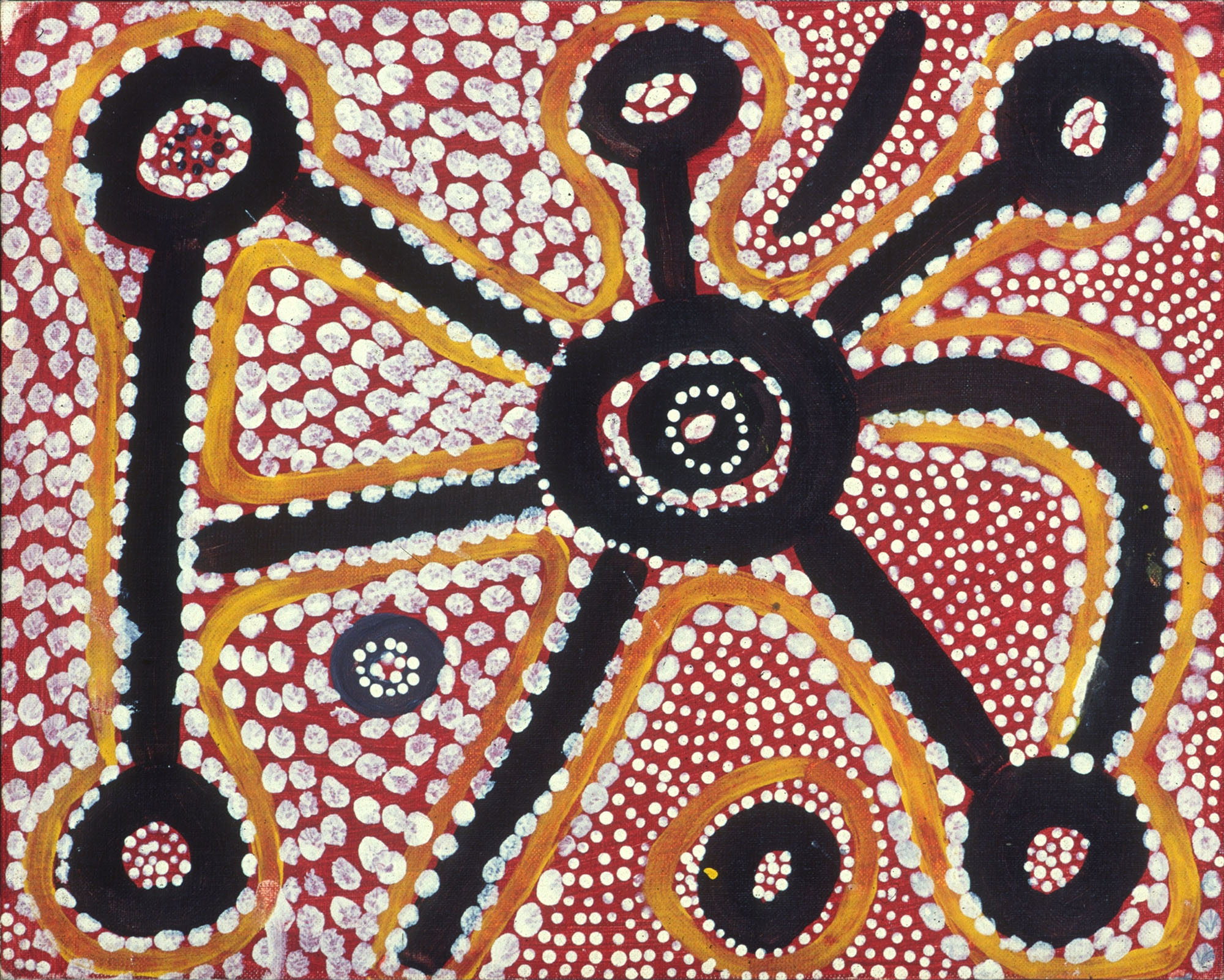Cardiovascular Health
Cardiovascular disease (CVD) is a term used to describe all of the major diseases of the heart and circulatory system, including:
- coronary (ischaemic) heart disease
- heart failure
- stroke
- peripheral vascular disease
- rheumatic heart disease (RHD) [47204][47205].
CVD is a substantial problem for the Aboriginal and Torres Strait Islander community [44825]. Many Aboriginal and Torres Strait Islander people report that they have CVD and it is a major cause of hospitalisation [42101]. CVD is also one of the leading causes of death among Aboriginal and Torres Strait Islander people.
Many of the cardiovascular diseases share risk factors, such as:
- tobacco smoking
- physical inactivity
- poor nutrition
- alcohol consumption
- being overweight and obese
- high blood pressure (hypertension)
- high blood cholesterol
- diabetes [47204][31188].
Other risk factors include socioeconomic and psychosocial factors. The exception is RHD (including acute rheumatic fever), which is associated with poor living conditions.
A number of actions have been identified that would improve cardiovascular disease rates for Aboriginal and Torres Strait Islander people [32583]. These actions include strategic advocacy, increasing the number of Aboriginal and Torres Strait Islander people working in primary and tertiary health services, improving communication between health providers, defining and overcoming barriers to cardiac specialist care in regional and remote settings, establishing Aboriginal and Torres Strait Islander CVD coordinator positions in tertiary hospitals, and ensuring that programs are culturally sensitive and integrated.






